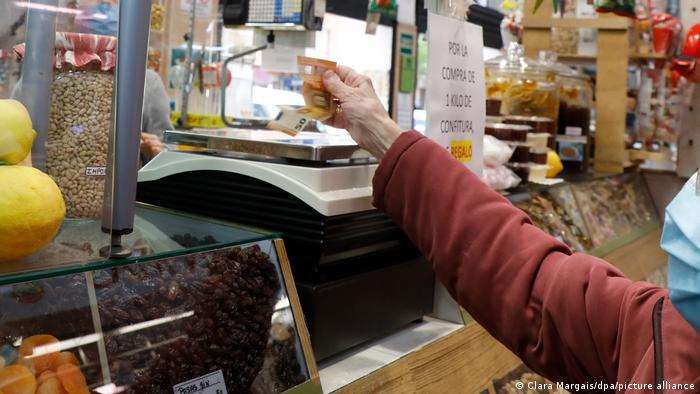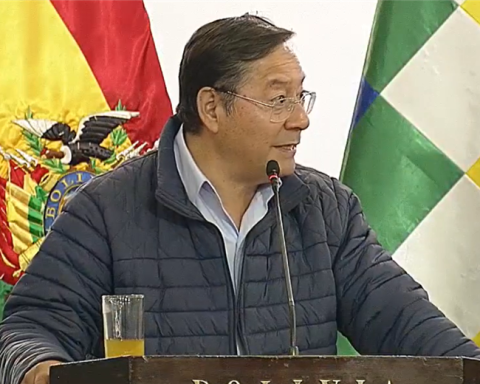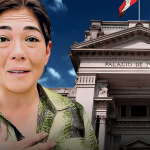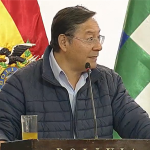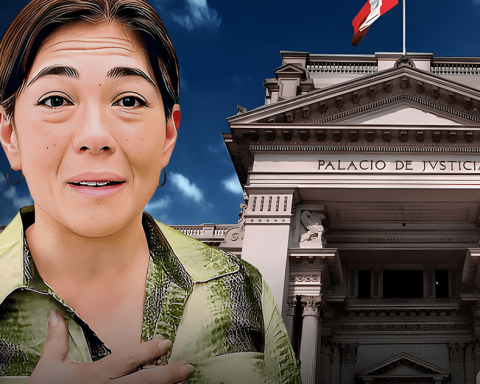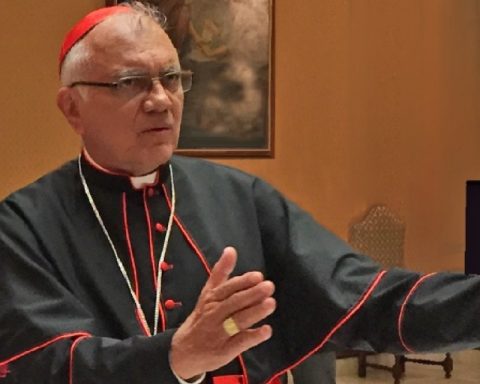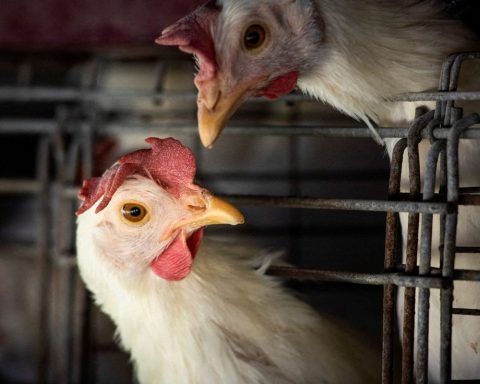July 13, 2022, 12:31 PM
July 13, 2022, 12:31 PM
After 37 years, Spain has seen its digits that measure the consumer price index change. Thus, in June inflation exceeded 10%, the highest level since April 1985, and Bolivian residents feel the impact. The causes? the increase in the value of fuel, food and non-alcoholic beverages. Added to all this is the parity of the euro against the dollar, which will reduce remittances sent by compatriots.
From Albacete, the Bolivian Grissel Montenegro, who migrated more than 20 years ago, said that linflation is affectingprices increased by 10% and gasoline and diesel that were at 1.39 a liter now exceed 2 euros.
Likewise, since electric light depends on gas, then; for example, some businesses have had their monthly payment increased from 1,200 euros to 3,000 euros and several had to close, making it more difficult to find jobs. “There was a shortage of some products when the war began, including sunflower oil and a five-liter bottle that cost 5 euros, rose to 12 and 13 euros, almost the price of olive oil,” he said.
Bolivian Leny Hayashida, who lives in Blanes, a city located 69 kilometers from Barcelona, also stated that the prices of various foods have risen and some have even doubled.
Like Montenegro, it states that high costs made it Many businesses close, so there are fewer jobs. “Electricity and water have increased in price because they use gas, the same as rents, but the good thing is that in this area, which is touristy, it was accompanied by a wage increase of up to 10%.”
Also, He stressed that before there were “garbage contracts” that were temporary, but now they are indefiniteyou Due to new legislation that aims to reduce state spending on people who are ‘unemployed’, Blanca says that she has already been on Spanish soil for 18 years.
While Tatiana Velasco, who has lived in Badajoz for 17 years, agrees that inflation has been felt a lot, Last week the masks (chinstraps) that I bought for 99 cents today are 1.46 euros. “Food also increased, milk and meat are more expensive and wages remain the same,” he said.
It also indicates that water and electricity are more expensive, the cost of electricity increased so much than in Badajoz they issued schedules to use washing machines, heating, which are necessary due to the low temperatures. “If you don’t comply, the bills are more expensive and in heat it reaches 38 degrees Celsius, but they say that it will increase to 45 degrees and if there is no device to cool off, it cannot be done because it does not give the economy. This is not a luxury, it is a necessity”, he specified.
The parity of the euro against the dollar will have an impact on remittances. Grissel Montenegro maintained that the effect will be for those who send money to their relatives because they will receive less. Before, 100 euros were sent and in Bolivia they received 120 dollars, now it will be the same amount.
The Bolivian economy received $1,398 million in remittances during the 2021 administration, according to the Central Bank of Bolivia (BCB). Of that amount, the majority comes from Spain with $478 million last year.
